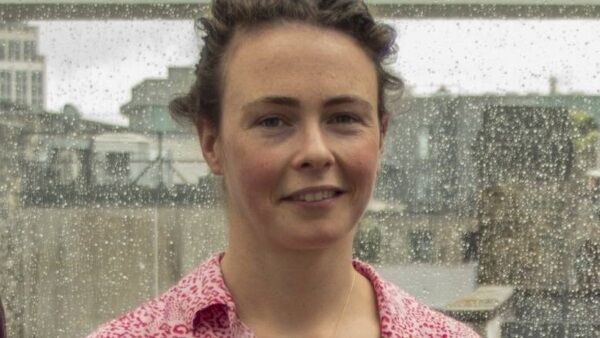Irish Examiner View: A new culture on climate change - All too blasé on the crisis of our time

The reaction to Monday’s suggestion from a Dublin City Council official, speaking at a clean air conference, that parents should be prohibited from driving children to school drew predictable reactions.

Most were outraged, others scoffed but some people, if only a minority, recognised how the school run drives traffic congestion — shorthand for commuter torture — and contributes to unhealthy air while diminishing the quality of life for many city residents.
















